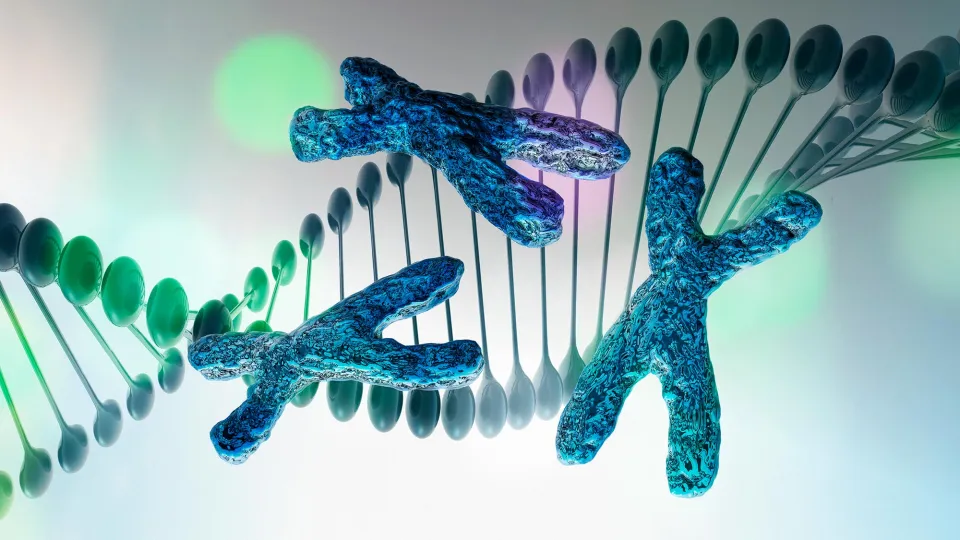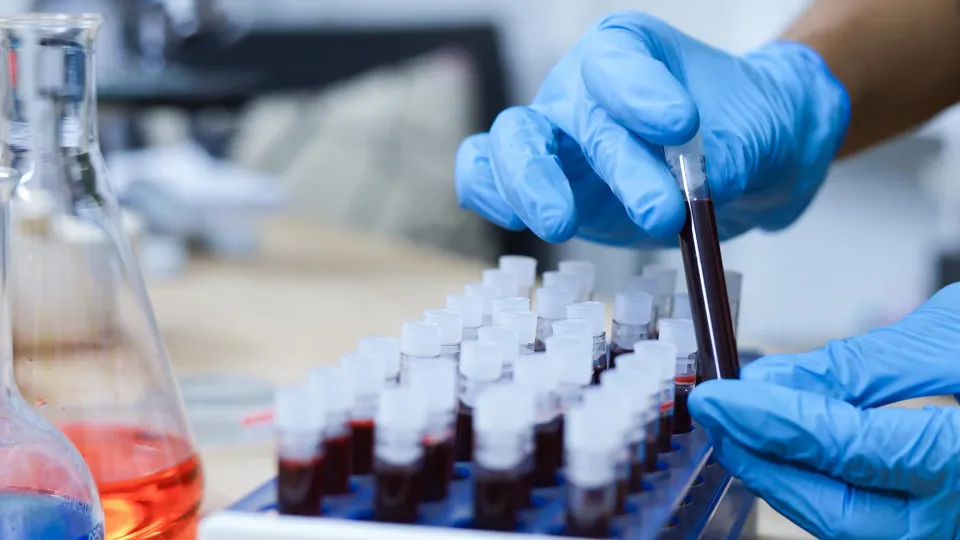News Brief
Understanding the Mechanisms Behind Neurodegenerative Diseases
February 27, 2024
Keeping cells healthy requires “housekeeping” processes known as autophagy, in which damaged and non-functional proteins are degraded by enzyme-containing organelles called lysosomes. As people age, autophagy becomes less efficient, leading to neurodegenerative diseases such as Parkinson’s and Alzheimer’s when protein aggregates reach lethal levels in brain neurons. These diseases are also associated with alterations in lysosomal pH and cause lipids—particularly cholesterol—to accumulate in lysosomes.
In recent studies of the fruit fly Drosophila, Andreas Jenny, Ph.D., in collaboration with Gustavo MacIntosh, Ph.D., have characterized a protein, dubbed Drosophila Lamp1, that is related to the LAMP1/2 proteins needed to maintain autophagy in humans. The researchers have found that Lamp1 deficiency increases the acidity of Drosophila lysosomes and impairs the lysosomes’ ability to transport and metabolize lipids; these defects resemble those resulting from the loss of the gene GBA1, which causes Gaucher disease and is the most common genetic abnormality associated with Parkinson’s disease.
The National Institute on Aging has awarded Dr. Jenny and colleagues a five-year, $3 million grant to identify the connection between Lamp1 function, increased lysosomal acidity, and abnormal lipid metabolism. Using a Drosophila model of Parkinson’s disease, the scientists will also investigate how those processes are connected to neurological disorders. The research may lead to novel strategies for treating or even preventing neurodegenerative disorders.
Dr. Jenny is professor of developmental and molecular biology, of genetics, and of medicine at Einstein, a member of the National Cancer Institute–designated Montefiore Einstein Comprehensive Cancer Center, and a member of the National Institute on Aging-supported Einstein Nathan Shock Center of Excellence. Dr. MacIntosh is professor of biological chemistry at Iowa State University. (1R01AG081283-01A1)



